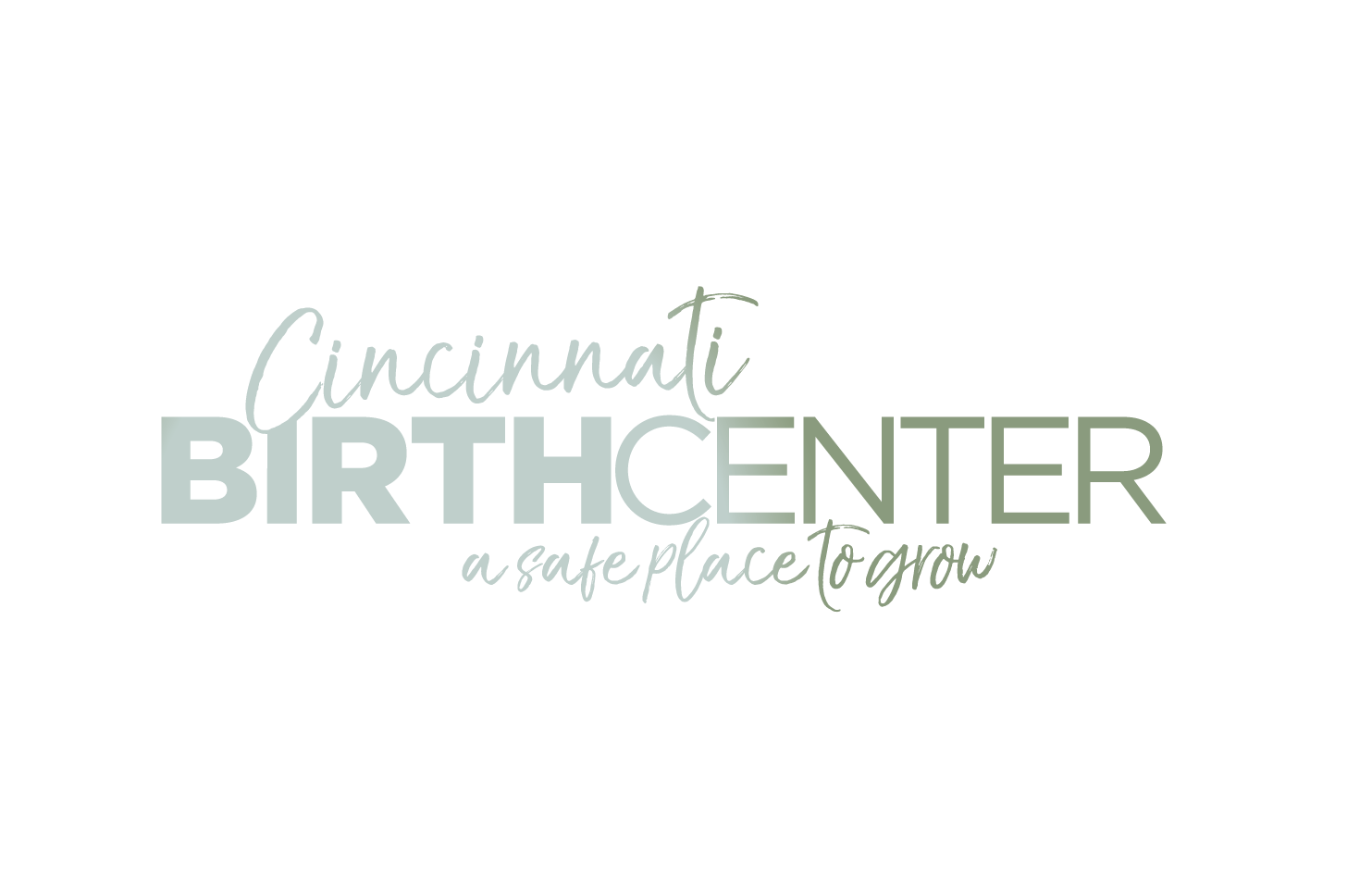Healthy Iron Levels During Pregnancy
/If you’re like 35% of the female population in the U.S., you probably don’t have enough iron in your body. Iron deficiencies come with a host of unwelcome symptoms such as dizziness, fatigue, or irritability, but when you’re pregnant, healthy iron levels suddenly become even more important.
What Is Iron and Why Is it Important?
Iron is a mineral that plays a key role in producing hemoglobin, a protein in red blood cells that carries oxygen from the lungs to the rest of the body. During pregnancy, a woman's blood volume increases significantly, leading to a higher demand for iron to deliver enough oxygen to both her own tissues and to the growing baby.
Your hemoglobin and hematocrit levels will likely get checked during prenatal blood work to check for anemia or iron deficiency. If iron levels are low, your midwife can recommend dietary adjustments or quality supplements to start taking.
Why Mama Needs Iron:
Preventing Anemia: Iron deficiency can lead to anemia, characterized by fatigue, weakness, and shortness of breath. Anemia during pregnancy can increase risks such as:
Fatigue and Weakness
Increased Risk of Infections
Preterm Delivery
Postpartum Depression
Supporting Increased Blood Volume: A pregnant woman’s blood volume increases by about 50% to support the growing baby, requiring more iron for hemoglobin production.
Why Baby Needs Iron:
Development: Adequate iron is essential for the baby’s growth and brain development.
Preventing Low Birth Weight: Insufficient iron levels in the mother can lead to low birth weight and delayed development in the baby.
Placenta Health: Iron keeps the placenta developing and functioning effectively.
Recommended Iron Levels
The recommended dietary allowance (RDA) for iron during pregnancy is 27 milligrams (mg) per day. This is higher than the RDA for non-pregnant women, which is 18 mg per day. The body's ability to absorb iron increases during pregnancy, but it can still be a challenge to meet the increased needs.
A whole food diet is the best way to get iron in your body, but sometimes this is easier said than done, especially if it is hard to keep certain foods down. That’s why we recommend reputable iron supplements if you are struggling to keep your iron levels up.
Best Foods for Maintaining Healthy Iron Levels
Heme Iron Sources:
Heme iron, found in animal products, is more easily absorbed by the body than non-heme iron found in plant sources. Foods rich in heme iron include:
Lean Red Meat: Beef, lamb, and pork are excellent sources.
Poultry: Chicken and turkey.
Seafood: Particularly shellfish like oysters, clams, and shrimp.
Non-Heme Iron Sources:
Non-heme iron is also important and can be found in:
Legumes: Lentils, beans, chickpeas, and soybeans.
Tofu and Tempeh: Good sources for vegetarians.
Leafy Greens: Spinach, kale, and Swiss chard.
Fortified Cereals and Bread: Many grains are fortified with iron.
Nuts and Seeds: Pumpkin seeds, sunflower seeds, and cashews.
Nutrients such as vitamin C and animal proteins can improve the absorption of non-heme iron.
***
Looking for quality iron supplements to support your pregnancy?
Check out our natural and vegetarian Gaia Herbs Liquid Iron for pregnant and breastfeeding mothers!
We also recommend grass-fed beef liver supplements from reputable sources as a way to maintain iron levels.



